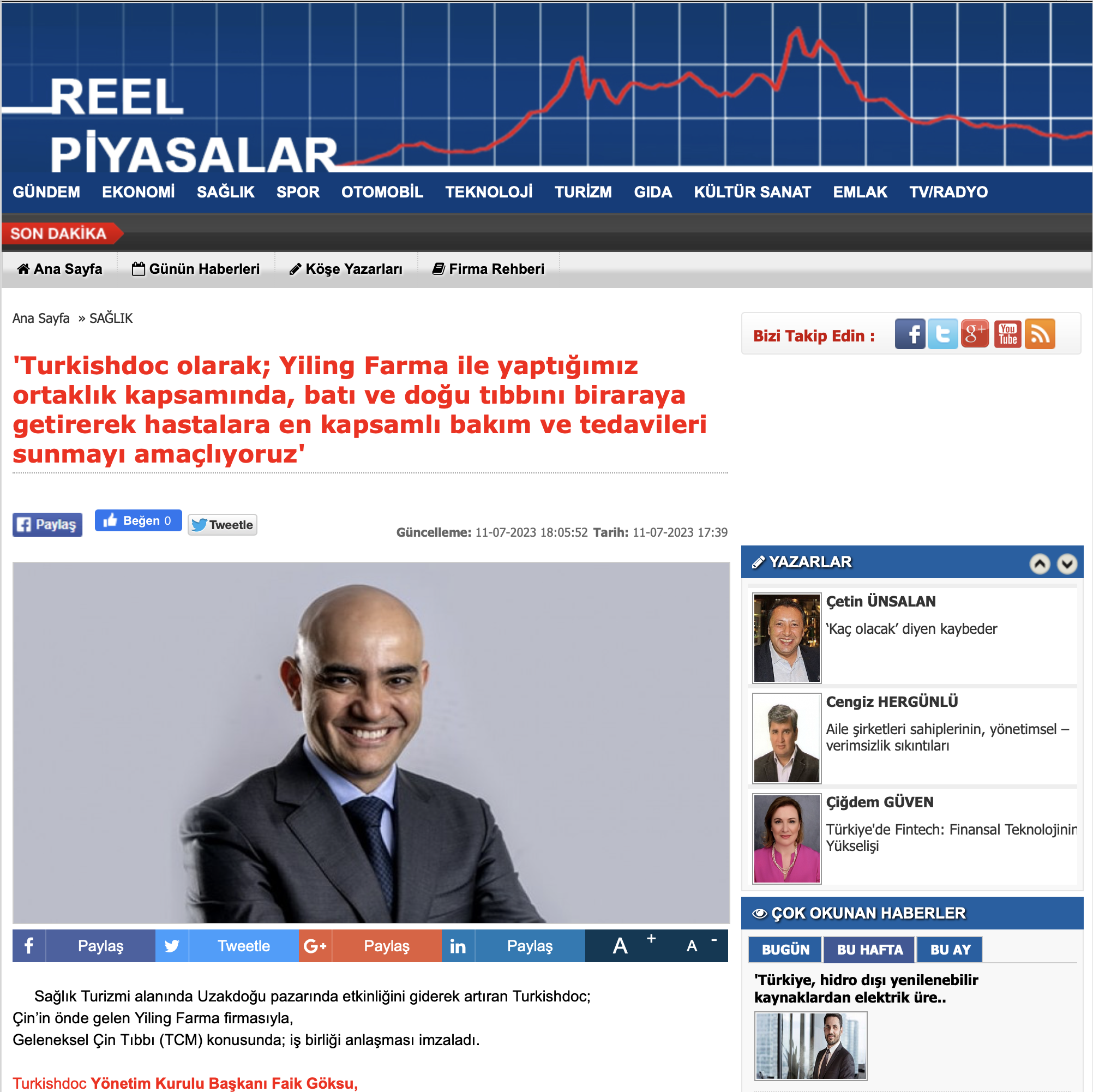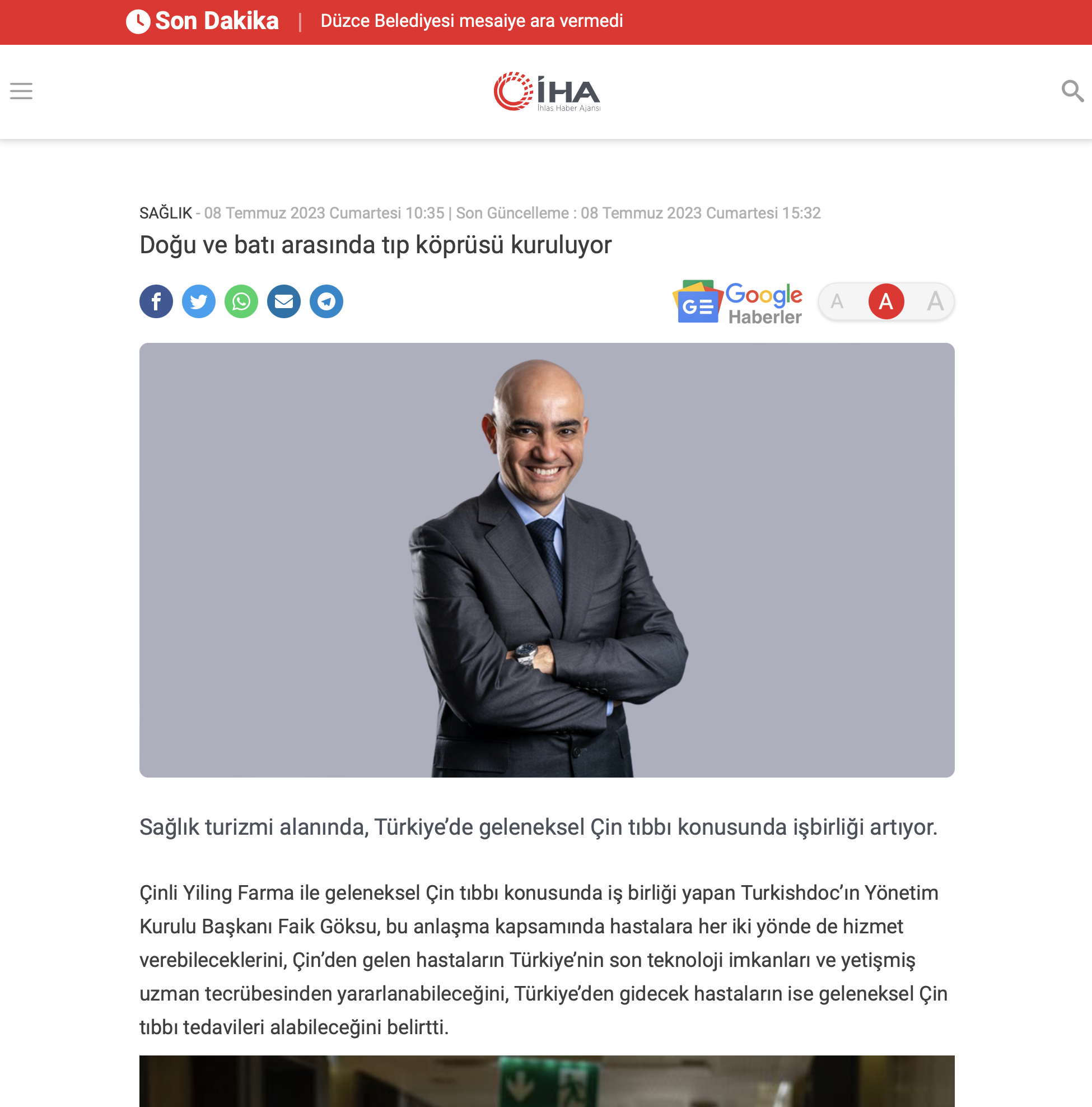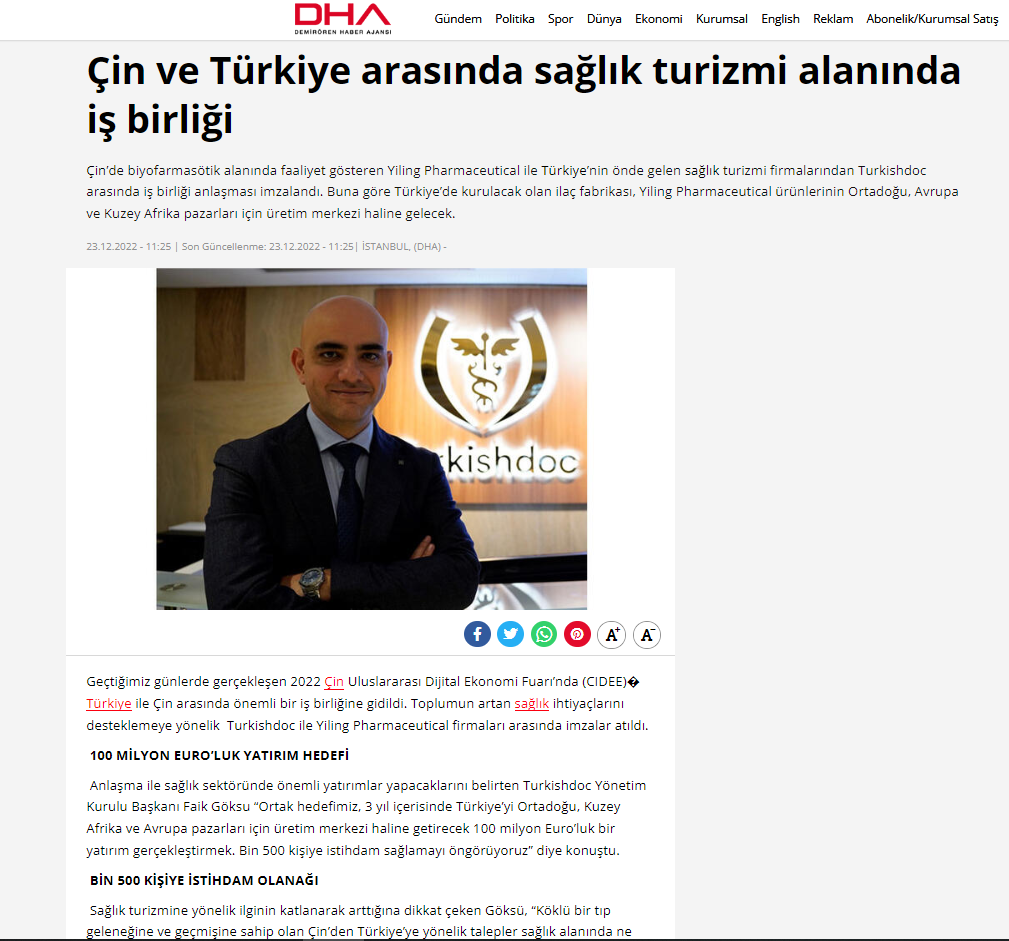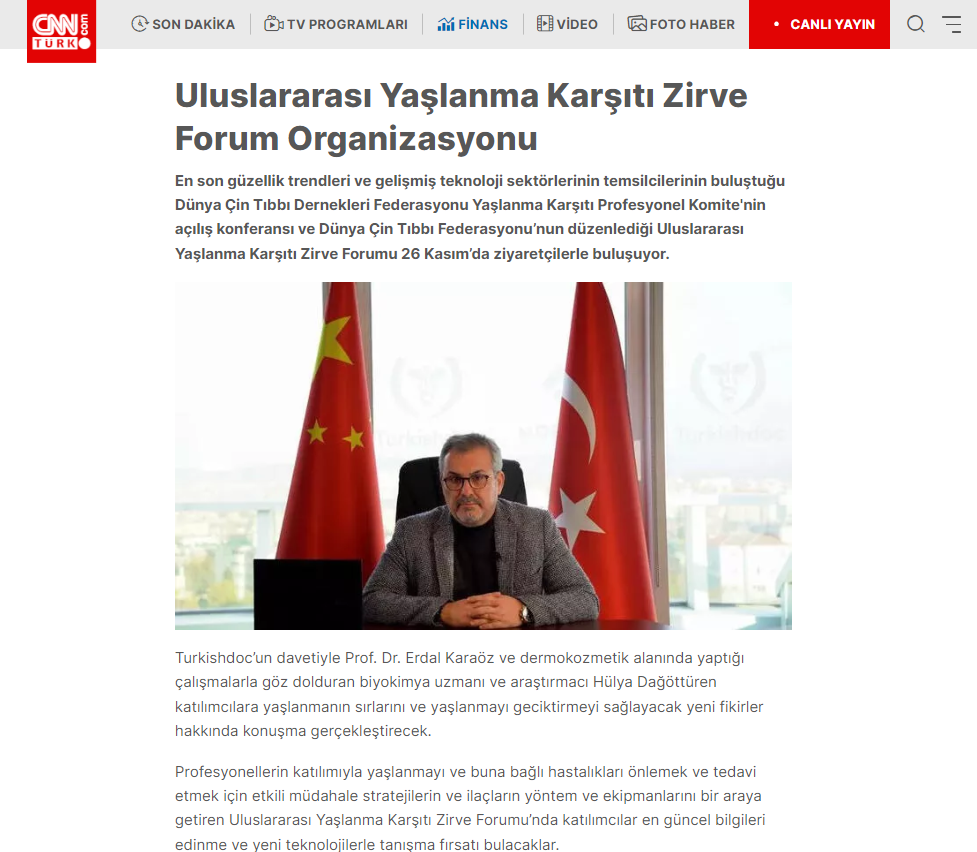Turkishdoc
What Is Mitral Valve Stenosis: Symptoms, Causes, Risk Factors, and Complications
Mitral valve stenosis is a heart disease in which the valve area narrows, making blood flow difficult. The mitral valve, which is located between the left atrium and the left ventricle and consists of two leaflets, is important valve in the heart. This rheumatic heart disease is caused by febrile illnesses in childhood. This disease prevents the passage of clean blood from the lungs from the left atrium to the left ventricle of the heart. As a result, blood begins to accumulate in the lungs. The blood in the lungs increases the pressure in the pulmonary artery. This leads to several symptoms. Since the symptoms are serious, treatment of mitral valve stenosis is important.
Mitral Valve Stenosis Symptoms
Symptoms of mitral valve stenosis may not occur immediately. This is because it is a slowly progressing disease. Therefore, it can take years to notice the symptoms. However, the severity of the disease increases because some symptoms appear at the same time. This means that in mild and moderate cases, symptoms may not occur, whereas in severe cases they do. Possible symptoms of mitral valve stenosis include:
- Heart palpitations
- Shortness of breath
- Too tired to perform activities
- Dizziness
- Coughing up blood, blood in sputum
- Chest pain
- Edema in the abdomen, ankles, and feet
- Irregular heartbeat
- Heart murmur
- Bronchitis
In general, these are the symptoms of mitral valve stenosis. These symptoms are almost identical to those of other mitral diseases. Mitral stenosis can occur in adults, but it can also occur in children. The risk is particularly high as a result of febrile illnesses. Symptoms of mitral valve stenosis in children are as follows:
- Shortness of Breath
While shortness of breath is a symptom of mitral valve stenosis in adults, it can also occur in children. This symptom is more common in older children than in younger children.
- Fatigue
Children with this condition can become tired easily. The fatigue is usually due to shortness of breath.
- Difficulty Feeding
Feeding difficulties, which are more common in infants, are among the symptoms of mitral valve stenosis. In addition to this symptom, babies may also show the symptom of sweating while feeding.
- Difficulty Breathing
Difficulty breathing in children can also be accompanied by wheezing. All this can be caused by coughing. Therefore, frequent respiratory infections are mainly due to mitral valve stenosis.
- Slowness in Growth
Children with mitral valve stenosis may experience slow growth and development. If there is a decline in height and weight compared to other peers, this may be due to this condition.
Mitral stenosis can take a long time to develop. Especially if it is caused by rheumatic fever in childhood, it may appear many years later. Some people develop symptoms after 20 or even 40 years. Therefore, it may not be possible to recognize the symptoms immediately. However, once symptoms appear, they progress immediately and can endanger a person’s life. This insidiously progressing disease can shorten life expectancy. In particular, high blood pressure in the lungs due to this disease can reduce a person’s life expectancy to 3 years. Early diagnosis and treatment are important for children born with mitral stenosis.
Causes of Mitral Valve Stenosis
If the mitral valve, one of the important valves of the heart, does not open and close properly, blood flow is reduced. This affects the function of the heart and can lead to mitral valve stenosis. Mitral valve stenosis is a narrowing of the valve. This reduces the blood flow in the left upper and lower chambers of the heart and becomes a serious disease. The causes of mitral valve stenosis in this case are:
Infectious diseases: The most common infectious disease that causes mitral valve stenosis is rheumatic fever. Bacteria from rheumatic fever fight the immune system and damage the mitral valve. This is why this condition is called rheumatic mitral valve disease. Mitral stenosis caused by rheumatic fever is particularly common in middle-aged adults. This disease, which damages the heart valves, may not be diagnosed immediately during medical examinations.
Congenital factors: A baby can be born with mitral stenosis. It is usually detected before the age of 2, and the severity of symptoms can vary. If it becomes very severe, it can put children’s lives at risk. In some cases, severe mitral stenosis can cause children to die after the age of 5. Therefore, it is extremely important to pay attention to the symptoms that occur in children and to treat them early. Mitral stenosis can also occur in children born with heart disease.
Mitral annular calcification: Calcium deposits that form around the mitral valve as we age can cause narrowing. This condition, also called mitral annular calcification, can lead to mitral stenosis. However, the resulting disease can also be difficult to treat.
Complications of Mitral Valve Stenosis
Several complications can occur with mitral valve stenosis. These complications include right heart failure, atrial fibrillation, blood clots, and endocarditis. You can find information about the complications of mitral valve stenosis below.
- High Blood Pressure In the Lung Arteries
High blood pressure in the pulmonary arteries, called pulmonary hypertension, can occur as a result of mitral valve stenosis. It occurs when the narrowed mitral valve weakens blood flow and causes high blood pressure in the pulmonary arteries. This can lead to problems such as right-sided heart failure.
- Right-Sided Heart Failure
Abnormalities in blood flow due to mitral valve stenosis are inevitable. This causes high pressure in the pulmonary arteries. This causes the heart to exert more effort when pumping blood. As a result of this increased effort, the heart muscle weakens and right-sided heart failure occurs.
- Atrial Fibrillation
Mitral valve stenosis can cause atrial fibrillation. This is a type of arrhythmia and is known for its chaotic heartbeat. The risk of this complication increases with the severity of mitral stenosis and the person’s age.
- Blood Clots
Irregular heartbeats can also cause blood clots. This is an important complication of mitral stenosis. The result of a blood clot can be a stroke.
- Endocarditis
Endocarditis can occur when the heart valves become inflamed and infected. If mitral stenosis progresses, blood-borne bacteria become attached to the inner surface of the heart. Infections affect these mitral valves and cause infective endocarditis.











